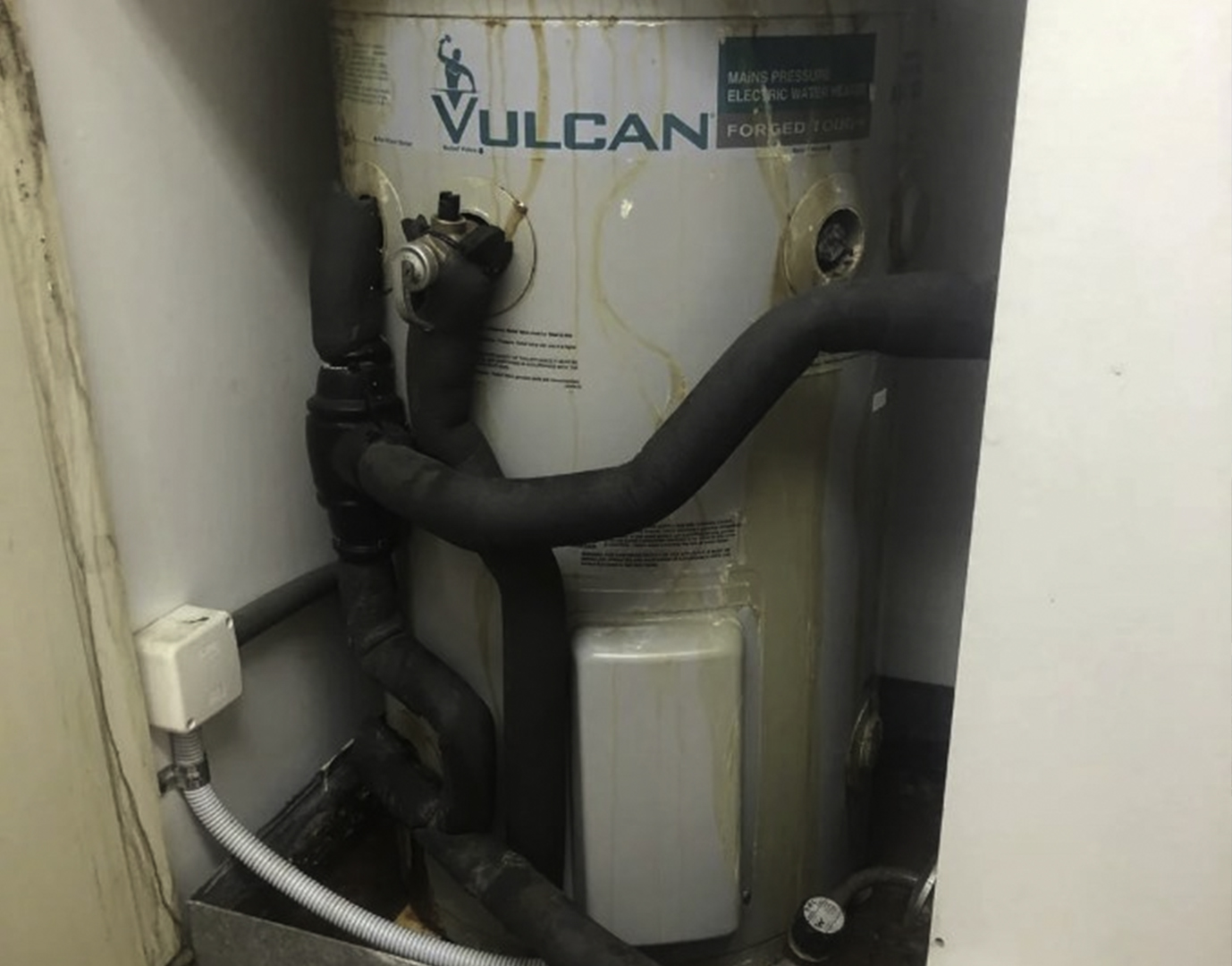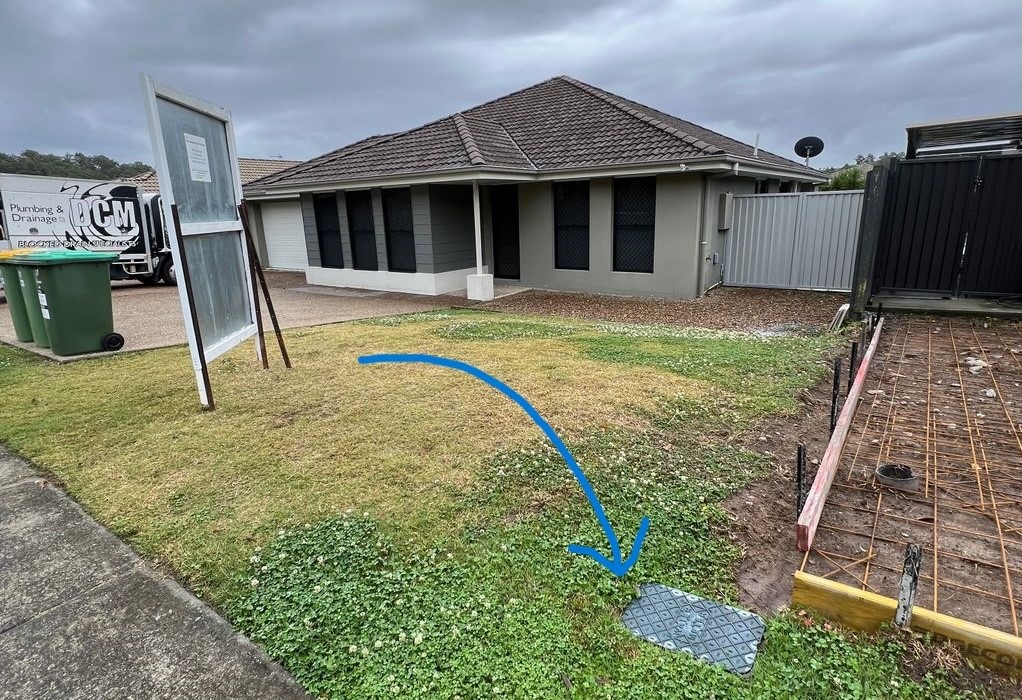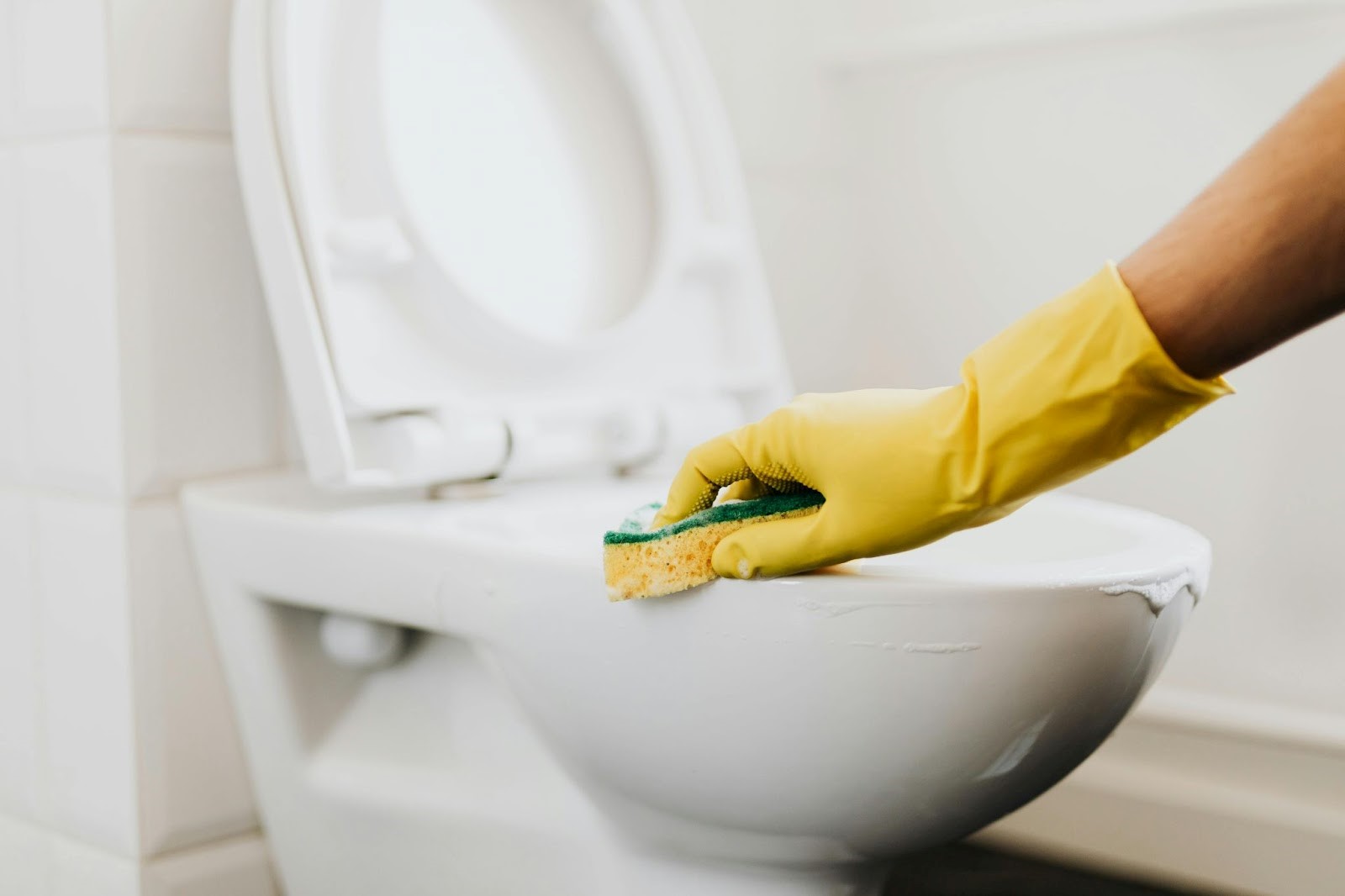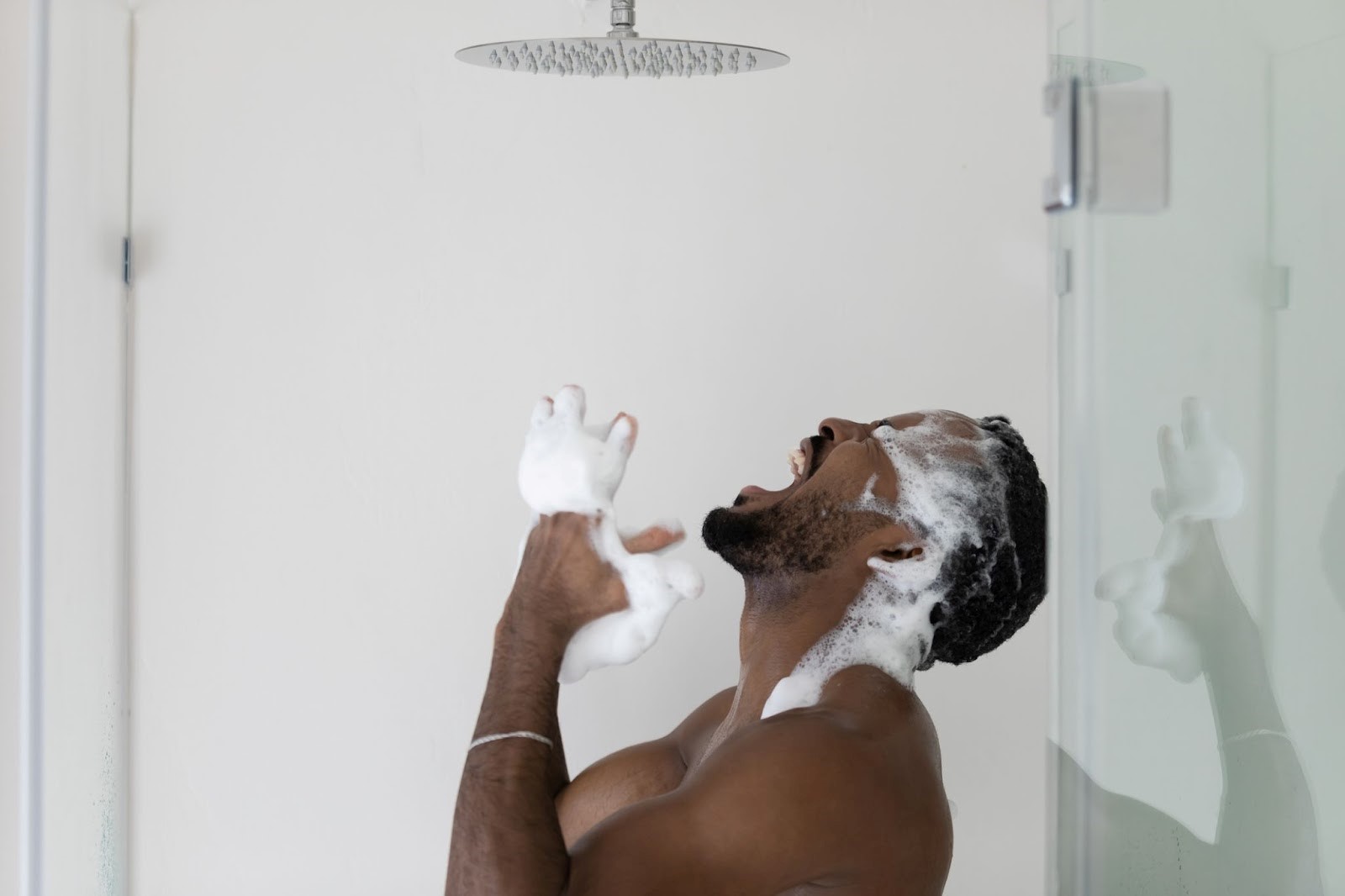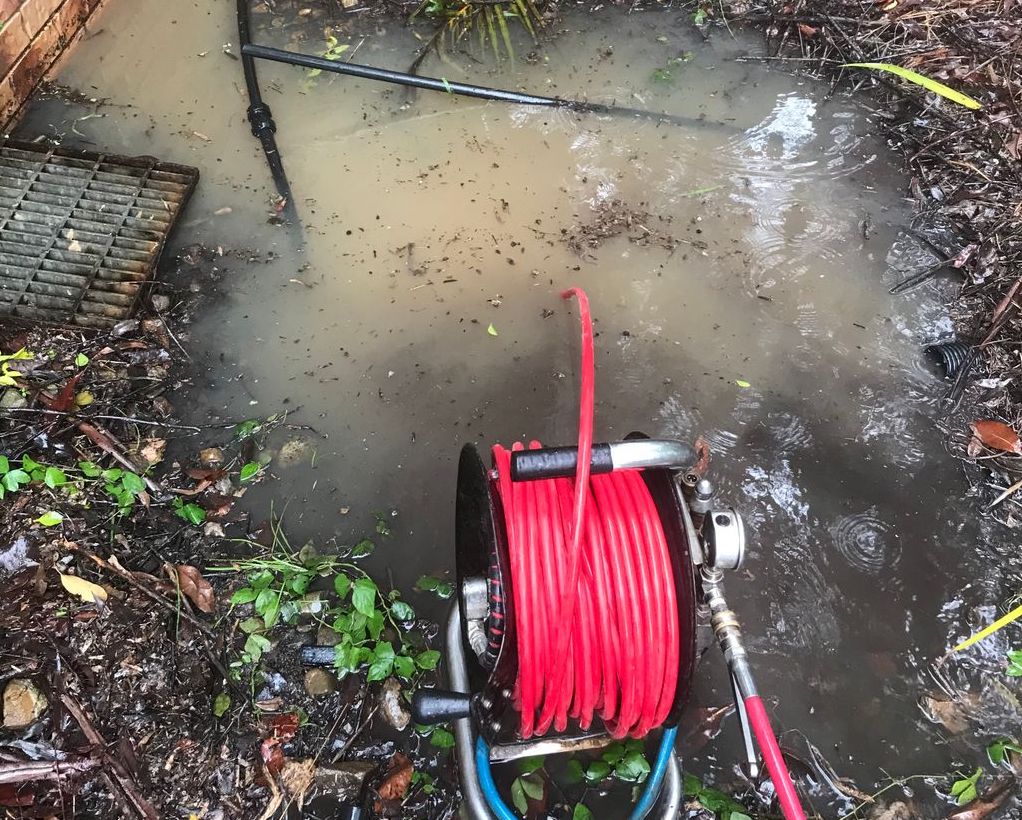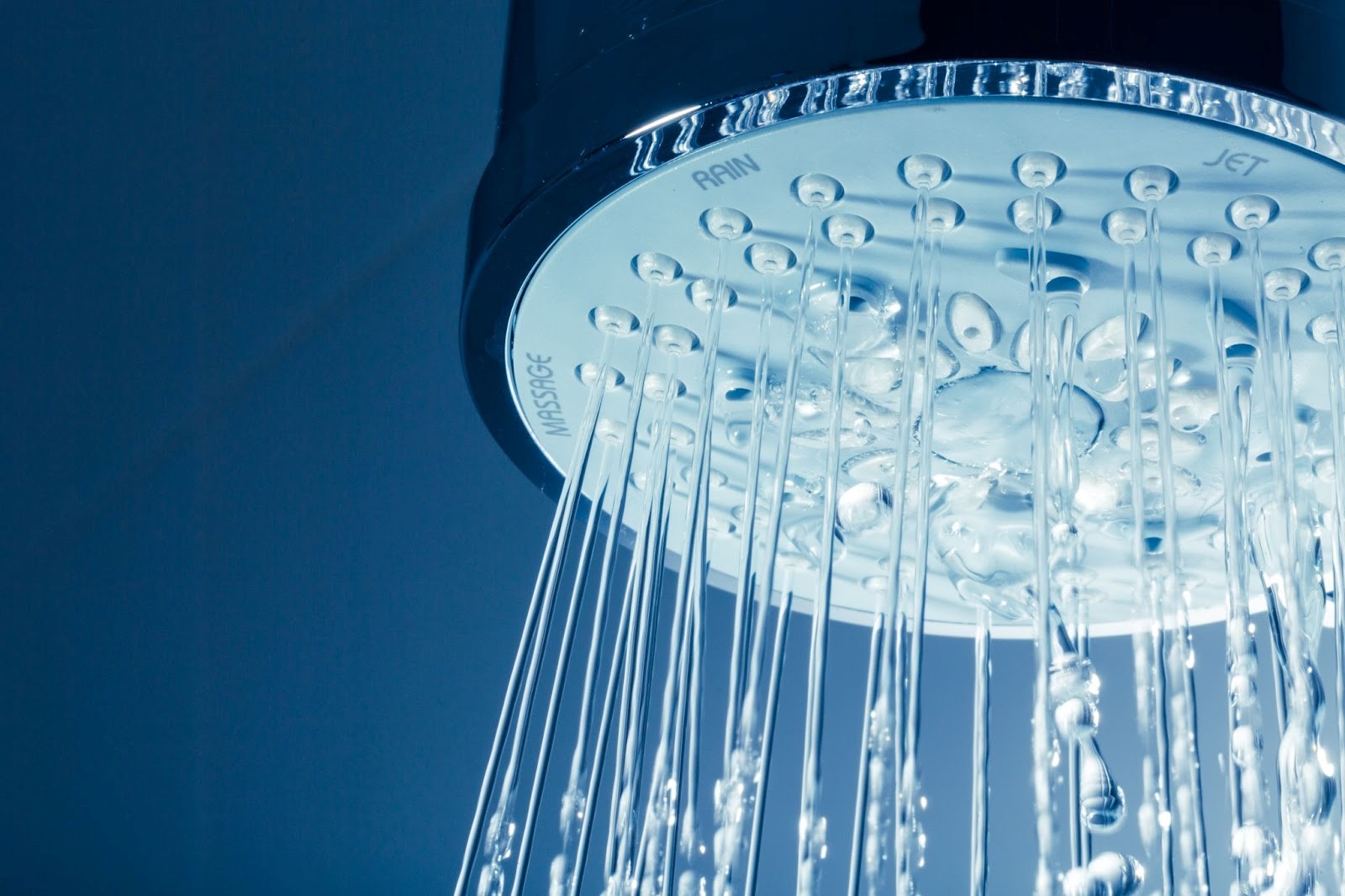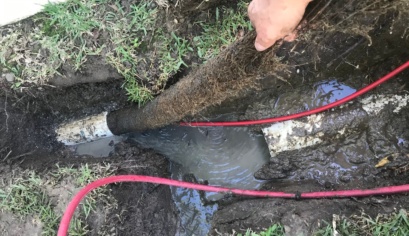If your hot water system is leaking, don’t worry, we’re here to help. Whether it’s leaking from the bottom, the top, the release valve, the overflow pipe, or from one of the connecting pipes, we’ve got you covered.
What Causes a Hot Water System to Leak?
Like any other appliance in your home, hot water systems require regular servicing from a licensed professional to guarantee smooth operation. If not serviced properly, there are a variety of things that could go wrong:
- Water heaters are prone to rust and, if left unattended, may need replacement.
- A poorly maintained hot water system could result in higher energy bills.
- They can overheat if not properly looked after, which can lead to a fire.
- They may simply stop working altogether – and it could happen when you least expect it.
To find out more, read our blog on how often hot water systems need servicing.
What to Do if Your Hot Water System is Leaking
The first few steps to take if your hot water system is leaking are always the same.
1. Identify Where the Leak Is Coming From
While it can be tempting to shut off the water supply straight away, it’s important to first figure out where the leak is coming from, as this will then help you diagnose the problem and determine what needs to be fixed.
2. Turn Off the Water Supply to Your Hot Water System
Once you’ve identified where the leak is coming from, the next step is to turn off the water supply. This will stop any more water from leaking out of the hot water system. There is usually a tap located towards the bottom of the hot water system.
3. Turn Off the Hot Water System itself
Finally, turn off your hot water system to ensure safety for both yourself and the system.
The Different Types of Hot Water System Leak and How to Fix Them
Once you’ve identified where the leak is coming from, turned off the water supply, and turned off the hot water system itself, then it’s time to fix the problem. We always recommend contacting a professional to help you with the job, but if you’re set on trying to tackle it yourself, here are the steps!
Leaking from the Bottom

Possible Causes
The main cause of leaks from the bottom of a hot water system is due to corrosion of the tank itself, usually occurring around the seals. This is generally caused by natural wear and tear of the tank, especially from the minerals contained in the water itself.
How to Fix It
First, check the drain valve at the bottom of the tank. If it’s not fully closed or the seal is damaged, tightening the valve or replacing it should stop the leak. Next, inspect the temperature and pressure relief valve (TPR valve), usually located on the side or top of the heater, to ensure it’s functioning correctly and not discharging water. Note: The TPR valve should leak water on every heat up cycle but not continuously. Its purpose is to relieve pressure on the heat up cycle. Only continuous leakage of water from the valve and its drain line may indicate a problem with the water heater. If the leak is due to a faulty valve or connection, tightening or replacing the component should resolve the issue. However, if the tank itself is leaking due to internal corrosion, you may need to consider replacing the entire hot water system. If you’re uncertain about the source of the leak or how to fix it, call a plumber. They can accurately diagnose the problem and provide the most effective solution to ensure your hot water system operates safely and efficiently.
Leaking from the Top
Possible Causes
If your hot water system is leaking from the top, the most likely cause is the sacrificial anode. The anode is designed to corrode over time, protecting the tank from corrosion. Once significantly corroded, the anode may no longer effectively protect the tank, leading to leaks in the tank itself, usually around its connection point. Other potential sources of leaks from the top include the cold water inlet or hot water outlet connections, which may become loose or worn over time.
How to Fix It
Start by inspecting the area around the sacrificial anode for signs of corrosion, rust, or moisture. If the anode is heavily corroded, it may need to be replaced to restore its protective function. Additionally, check the cold water inlet and hot water outlet connections for leaks, and tighten or reseal them if necessary. If you’re unsure how to proceed or if the leak persists, contacting a professional plumber is recommended. They can replace the anode or address any other issues to ensure your hot water system functions properly without the risk of further leaks.
Leaking from Release Valve
Possible Causes
The temperature and pressure relief (TPR) valve is designed to release water during every heat up cycle or when the pressure or temperature inside the tank becomes too high, as a safety measure to prevent the tank from bursting. However, if the valve is faulty, it may leak even when the pressure and temperature are within normal ranges, or outside of heat up cycles. Another possibility is that the valve is functioning correctly, but the system is overheating or over pressurised, causing the valve to release water.
How to Fix It
First, check the thermostat settings on your hot water system to ensure it is within the recommended range. If the settings are within acceptable limits and the valve continues to leak, the valve is likely faulty and should be replaced. If the system is overheating or the pressure is too high, you may need to adjust the thermostat. If the problem persists, or if you’re unsure how to proceed, it’s best to contact a professional plumber to diagnose and fix the issue.
Leaking from Overflow Pipe
Possible Causes
A leak from the overflow pipe is often a sign that the hot water system is experiencing excessive pressure, or that the TPR valve is malfunctioning. The overflow pipe is designed to allow water to escape when the tank is under too much pressure, preventing potential damage. However, continuous leaking from the overflow pipe can indicate a problem with the pressure relief system, such as a stuck or faulty valve.
How to Fix It
Begin by checking the thermostat on your system to ensure they are not set too high. If the settings are correct and the overflow pipe continues to leak, the TPR valve may need to be replaced. If the valve is stuck or faulty, it may not be properly regulating the pressure, causing excess water to escape. Replacing the valve should resolve the issue.
Leaking from a Pipe
Possible Causes
Sometimes, one of the pipes connected to the hot water system can become corroded or damaged, leading to a leak. This can occur due to age, exposure to harsh water conditions, or improper installation. Corroded pipes are particularly vulnerable to leaks, as the metal gradually weakens and can eventually crack or develop small holes.
How to Fix It
Begin by identifying the exact location of the leak. If the leak is due to a corroded or damaged pipe, the affected section of the pipe will need to be replaced. For minor leaks at the connection points, tightening the fittings or replacing the seals may solve the problem. In cases where the pipe is severely corroded, it’s advisable to replace the entire length of the affected pipe to prevent future leaks. If you’re unsure about the severity of the corrosion or the exact cause of the leak, contacting a professional plumber is recommended.
Leaking from Isolation Valve
Possible Causes
A leak from the isolation valve, which is used to shut off water supply to your hot water system, is typically caused by wear and tear, corrosion, or a loose connection. Over time, the valve components can deteriorate, leading to leaks at the valve itself or where the valve connects to the system. Improper installation or excessive pressure can also contribute to the valve leaking.
How to Fix It
Start by inspecting the isolation valve to determine the source of the leak. If the valve is loose, tightening the connections may stop the leak. If the valve itself is corroded or damaged, it will likely need to be replaced. When replacing the isolation valve, it’s crucial to turn off the water supply to the system before beginning any work. If you’re unfamiliar with valve replacement or the leak persists, it’s best to call a professional plumber. They can quickly and safely replace the valve, ensuring your hot water system remains leak-free and fully operational.
Need Help? Call the Professionals
At DCM Plumbing, we specialise in diagnosing and fixing hot water system leaks efficiently and effectively. Whether it’s a minor drip or a more serious issue, our experienced team is equipped to handle any problem, ensuring your system is running smoothly and safely. Don’t let a leak disrupt your home – call us today for reliable service and peace of mind. We’re here to help 24/7 with all your plumbing needs.

